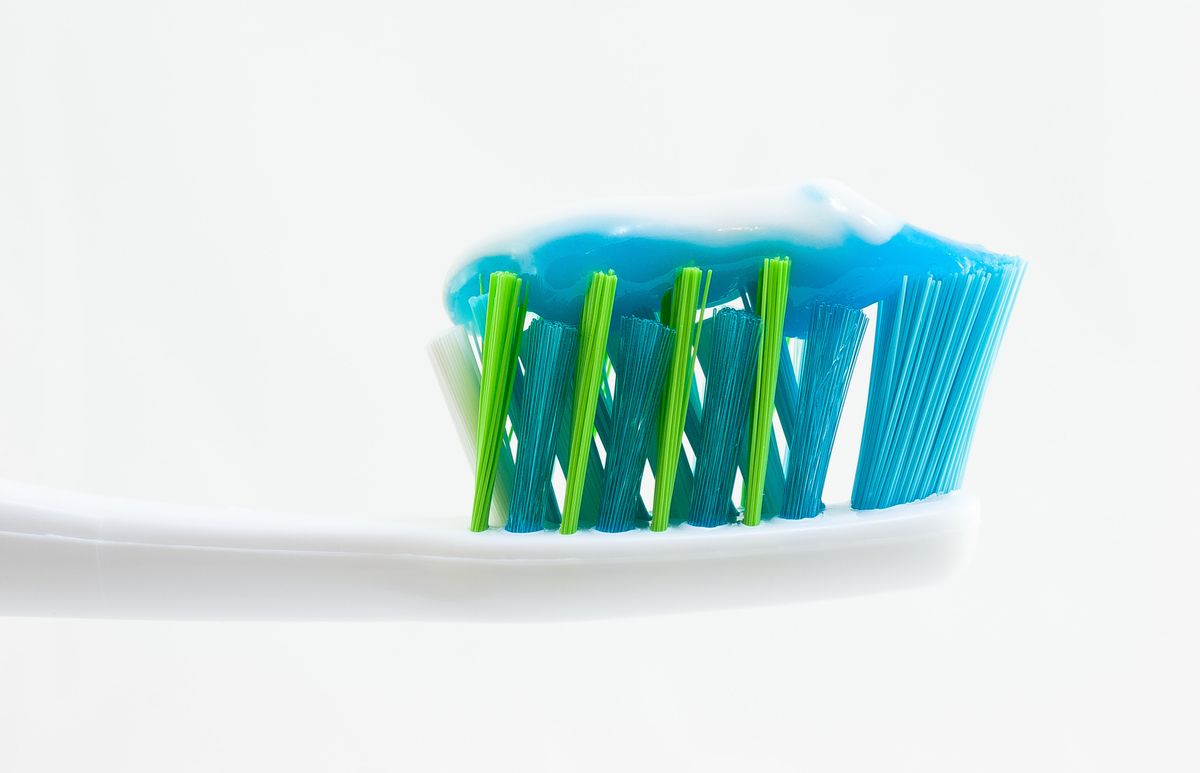It’s estimated that about 40 million Americans are affected by tooth sensitivity. If that statistic made your jaw drop, it happened to us too. What is even more shocking is that many people don’t even discuss this condition with their dentists. They just go on living their lives with this uncomfortable pain. At Luxe Dental Spa, we don’t want our patients to leave the feeling of tooth sensitivity untreated. In fact, there are many simple fixes that can help or remove the feeling of tooth sensitivity. In this blog post, we will be discussing some of the causes of tooth sensitivity and what can be done to help it. Live your life freely and eat or drink whatever you want without having to worry about the pain that may stem from it!
What is tooth sensitivity?
Starting off, it's important to understand what tooth sensitivity is. Tooth sensitivity is a common name for dentin hypersensitivity or root sensitivity. With this, hot, cold, sweet, or acidic foods and drinks may result in a painful sensation when consumed. Breathing in cold air can even cause some type of pain as well. If you find that this is something you’ve experienced, then you most likely have tooth sensitivity to some degree. Tooth sensitivity can affect people on a wide spectrum and cause some people more pain than others.
What Causes Tooth Sensitivity?
There are many factors that can cause tooth sensitivity. These factors can be things such as:
- Brushing too hard or using a hard-bristled toothbrush. This can wear down the enamel and cause the dentin to become exposed or encourage gum recession.
- Gum recession, which happens to people who have periodontal disease.
- Gingivitis. Inflamed and sore gum tissues, which can result in the exposure of the tooth’s root.
- Cracked teeth. These cracks can become filled with bacteria from plaque and cause inflammation in the pulp of the tooth. In serious cases, it can lead to abscess and infection.
- Teeth grinding or clenching that can wear down the enamel.
- Plaque buildup.
- Certain mouthwashes can contain acids. If the dentin in your teeth is exposed, the acids can encourage tooth sensitivity to worsen. If you use mouthwash, look for a mouthwash that contains fluoride.
- Acidic foods that encourage enamel reduction.
- Dental procedures. Your teeth can become sensitive after you’ve had a professional cleaning, root planing, crown replacement, and other restoration processes. While it's completely normal for your teeth to be a bit sensitive after these procedures, if it continues, contact your dental provider.
Can it be prevented?
Tooth sensitivity can be prevented to some level. You can easily reduce your chances of getting tooth sensitivity by keeping your mouth as healthy as possible. Practicing good oral hygiene, such as brushing twice a day and flossing regularly, can help. Consuming a diet that is also low in or free of acidic foods and drinks can also help prevent tooth sensitivity. However, if you are experiencing tooth sensitivity and you ignore it, it can lead to other oral health problems, especially if it's altering your ability to brush your teeth. This can make you susceptible to tooth decay and gum disease.
What can I do to treat my tooth sensitivity?
If you’re struggling with tooth sensitivity, the first thing you should do is talk with your dental provider. They can easily point you in the right direction. You also want to let your provider know since tooth sensitivity can lead to other dental problems. Your treatment may be as simple as switching to a toothpaste to help desensitize your teeth. Many of these toothpastes also contain fluoride, which can help protect your teeth against decay. If you’ve experienced some degree of tooth decay from tooth sensitivity, your dentist may prescribe a brush-on fluoride gel or different form of fluoride. These types of treatments are ones that your able to take home and are relatively inexpensive.
If you’re needing a stronger treatment, your dentist might recommend that you seek treatment that is easily provided by them. These options can include treatments that are painted onto the tooth, such as fluoride varnishes, resins, and fillings if the tooth has been highly damaged.
If you’re experiencing tooth sensitivity, it’s important that you seek treatment.
At Luxe Dental Spa in Manahawkin, we’re here for all your dental needs, and that includes tooth sensitivity. If you’re experiencing tooth sensitivity, we want to help! From education and prevention, our excellent dentists will be able to lead you in the right direction no matter what your treatment requires. We also understand that most people don’t look forward to dental procedures, which is why we pride ourselves on having gentle and caring dental workers. Contact us today to get started! If you’re a new patient, click here to fill out our new patient forms. We look forward to seeing your smile.



